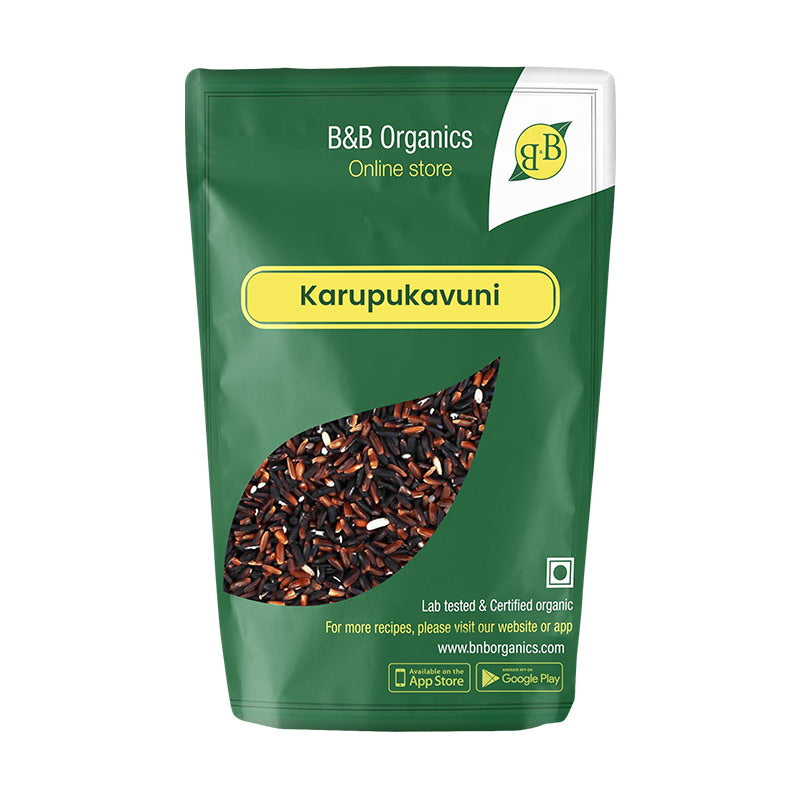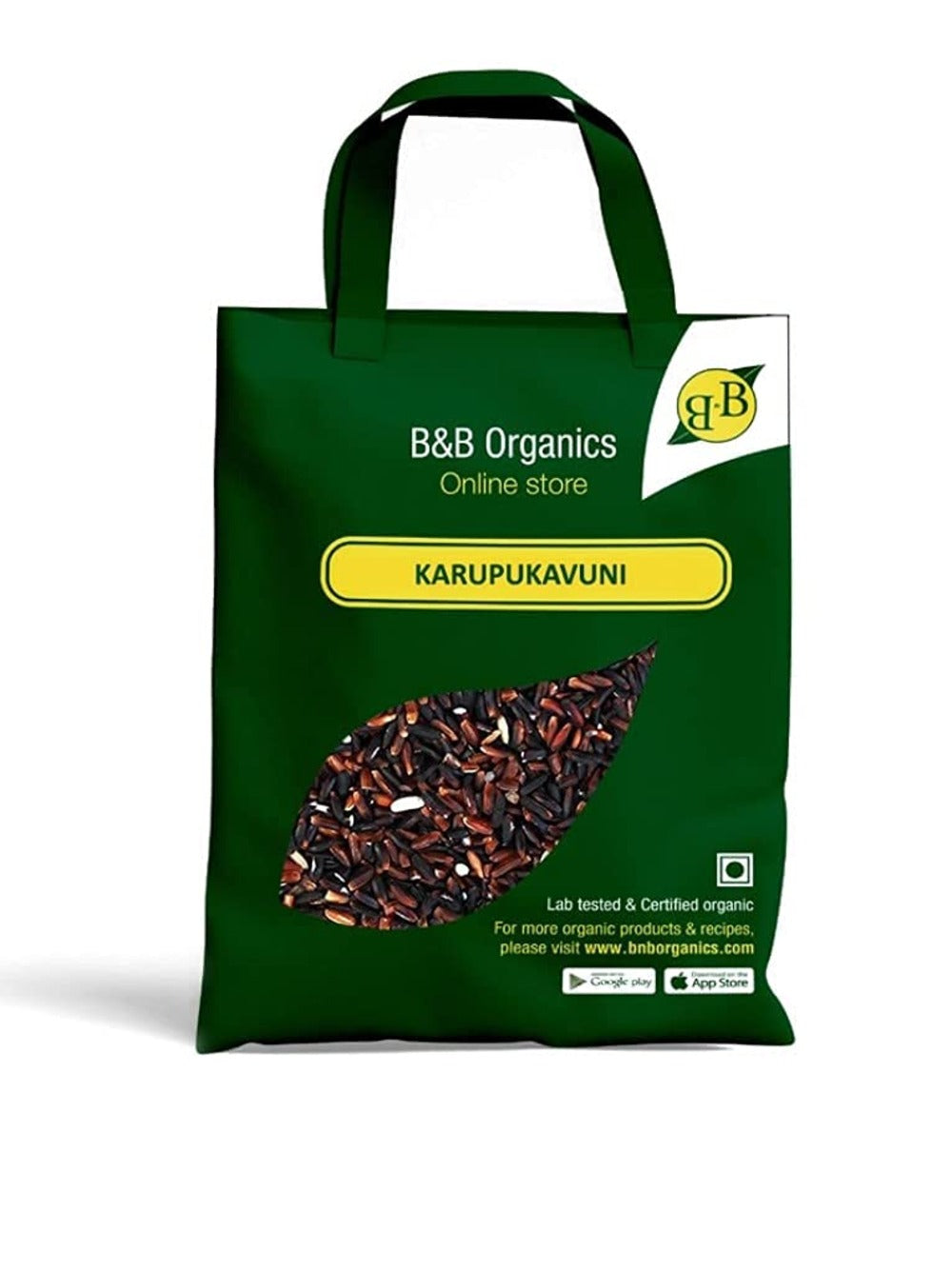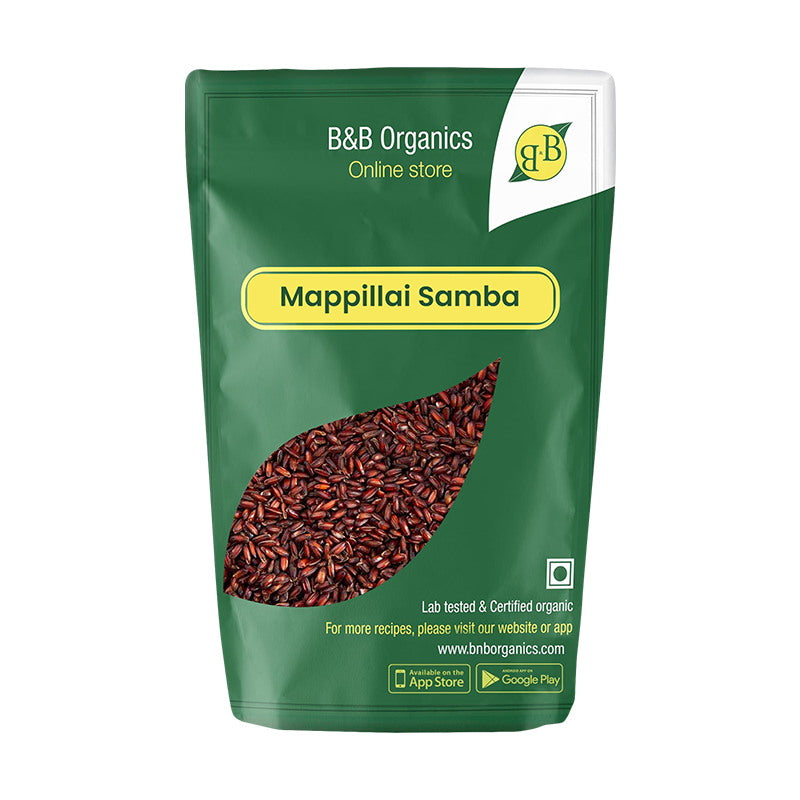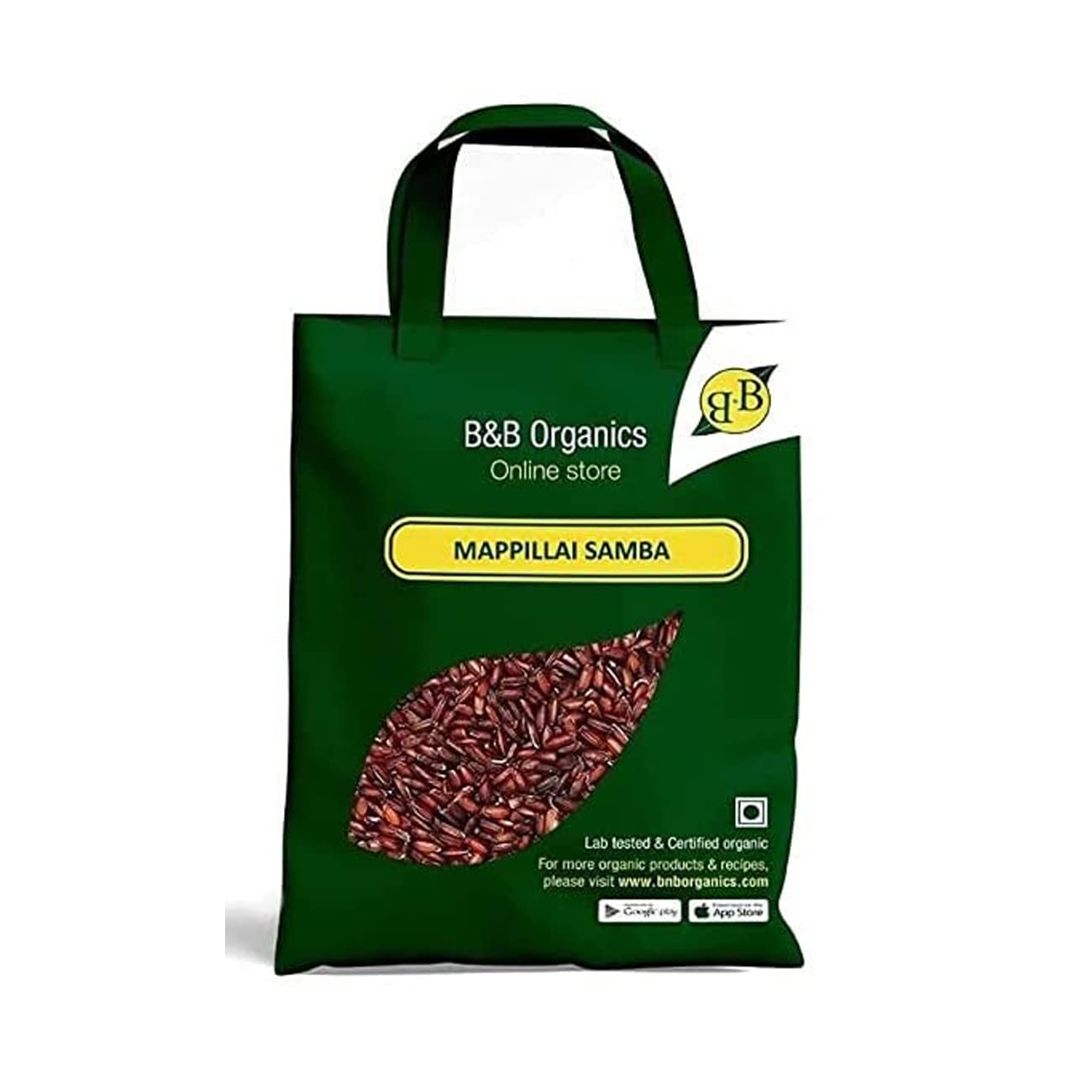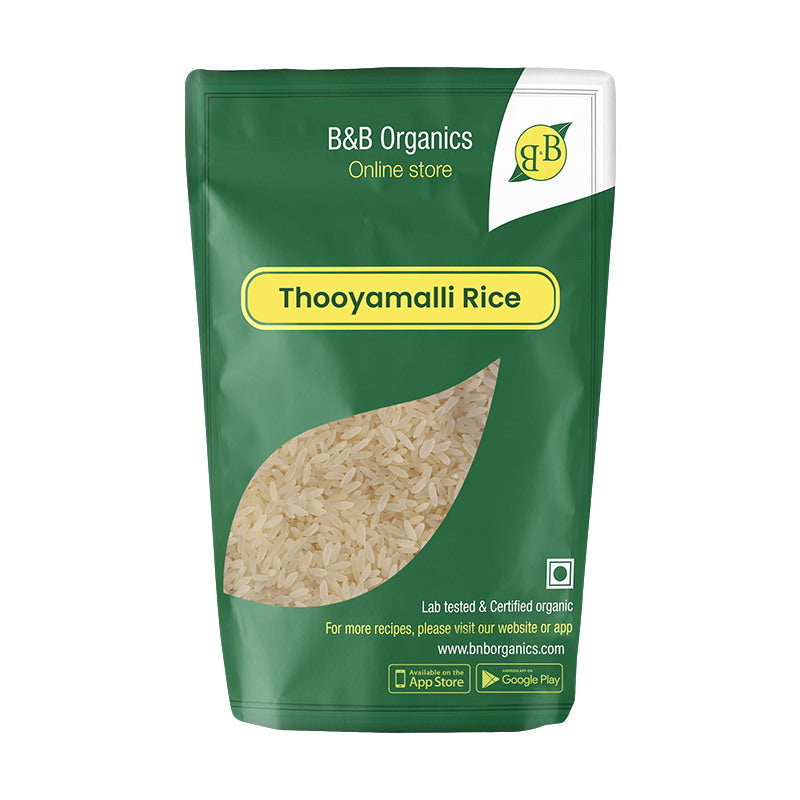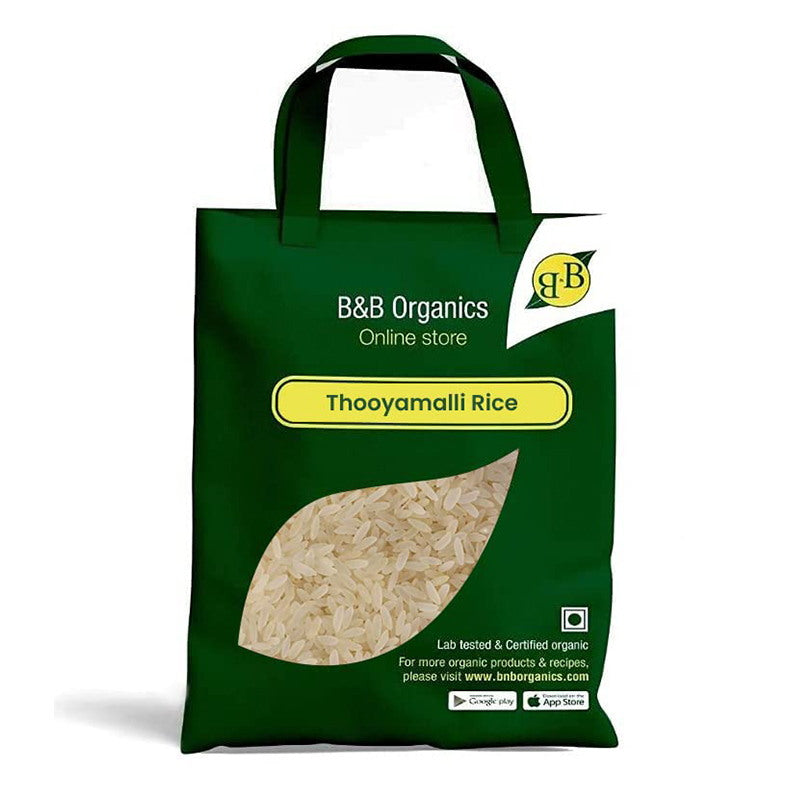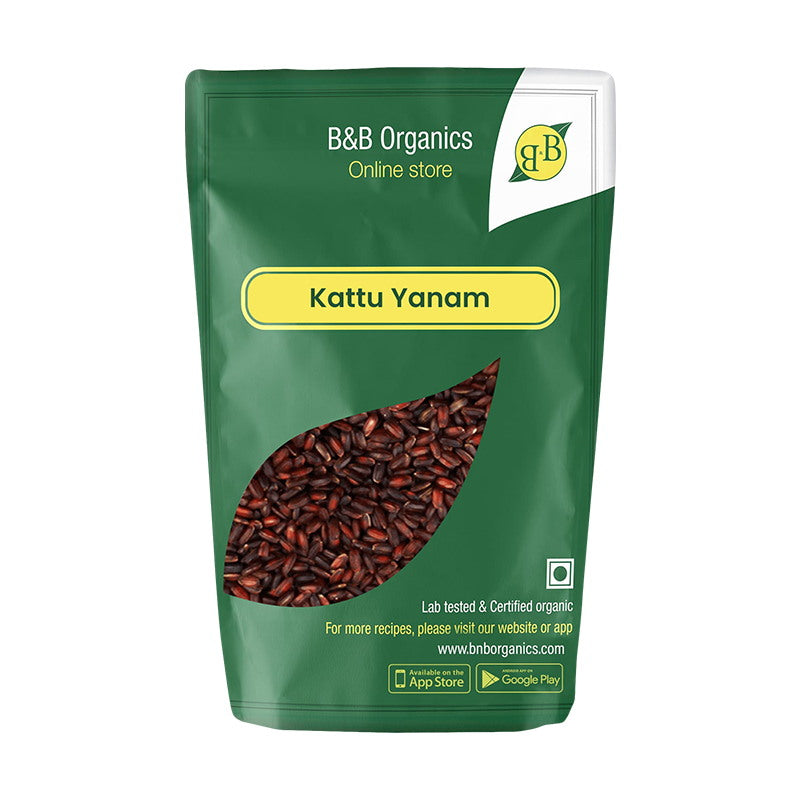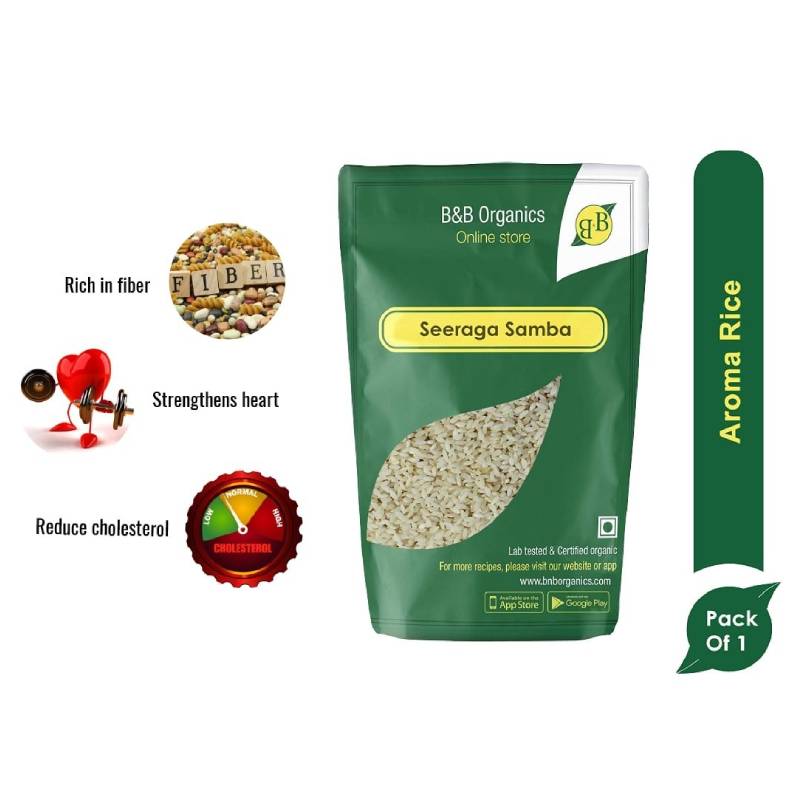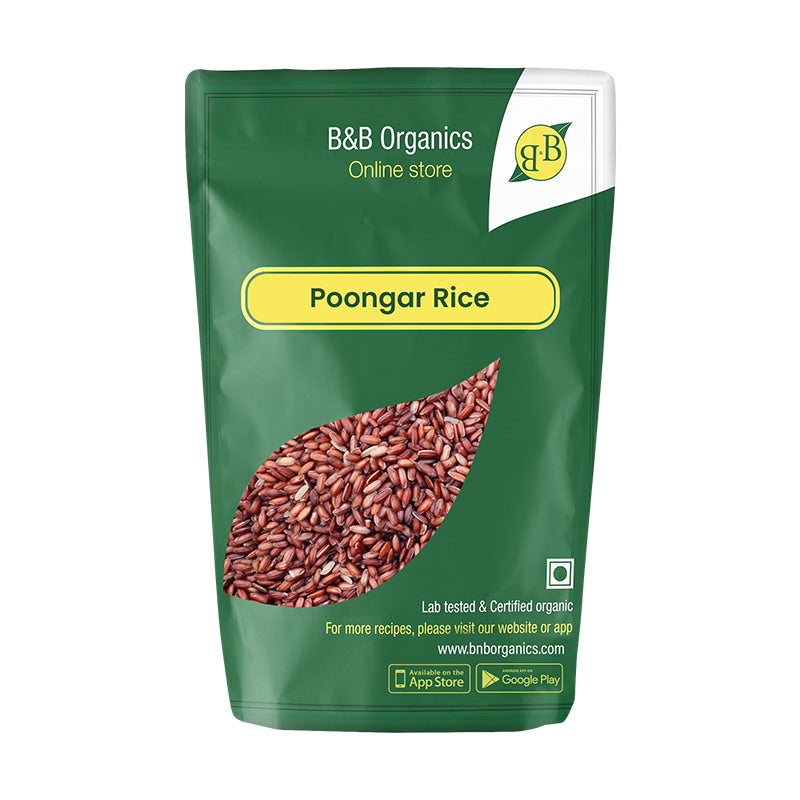No, Khapli wheat flour is not gluten-free. Gluten is a protein found in wheat and other related grains like barley and rye. Khapli wheat belongs to the wheat family, specifically Emmer wheat, and it contains gluten. Therefore, Khapli wheat flour cannot be considered gluten-free.
Gluten plays a crucial role in the structure and texture of baked goods by providing elasticity and helping them rise. However, individuals with gluten-related disorders such as celiac disease, non-celiac gluten sensitivity, or wheat allergy need to avoid gluten-containing products, including Khapli wheat flour.
Celiac disease is an autoimmune condition where the consumption of gluten triggers an immune response that damages the lining of the small intestine. This damage can lead to various digestive symptoms, nutrient deficiencies, and long-term health complications. For individuals with celiac disease, even small amounts of gluten can be harmful, making it essential to strictly adhere to a gluten-free diet.
Non-celiac gluten sensitivity refers to individuals who experience symptoms similar to those with celiac disease but without the accompanying intestinal damage. These individuals may experience digestive issues, such as bloating, diarrhea, or abdominal pain, after consuming gluten-containing foods. While they don't have an autoimmune response like celiac disease, they still benefit from following a gluten-free diet.
It's important to note that Khapli wheat flour contains gluten and is not suitable for individuals with gluten-related disorders. However, for those without gluten sensitivities or allergies, Khapli wheat flour can be a nutritious and wholesome option.
Khapli wheat flour offers its own unique taste and texture compared to regular wheat flour. It has a slightly nutty and earthy flavor that adds depth to various recipes. It is often used in traditional Indian cooking, especially in regions like Maharashtra and Gujarat, where it is incorporated into bread, rotis, and other wheat-based dishes.
If you require a gluten-free alternative, there are several gluten-free flours available on the market, such as almond flour, coconut flour, rice flour, or certified gluten-free oat flour. These flours can be used as substitutes in recipes that call for wheat flour to create gluten-free versions of various baked goods and dishes.
It's always important to carefully read food labels and packaging to ensure that the products you choose are certified gluten-free if you have specific dietary needs. Additionally, consulting with a healthcare professional or registered dietitian can provide personalized guidance and recommendations for managing a gluten-free diet.



